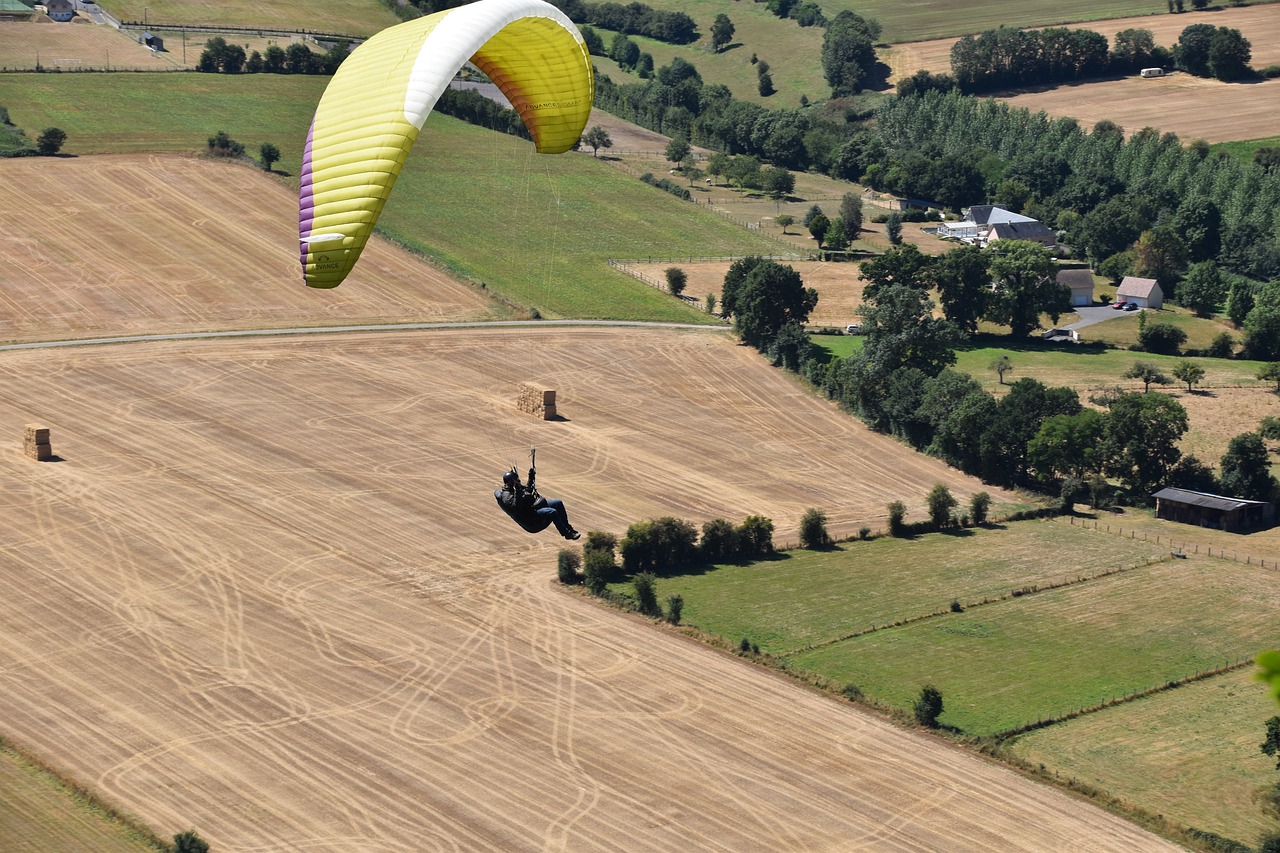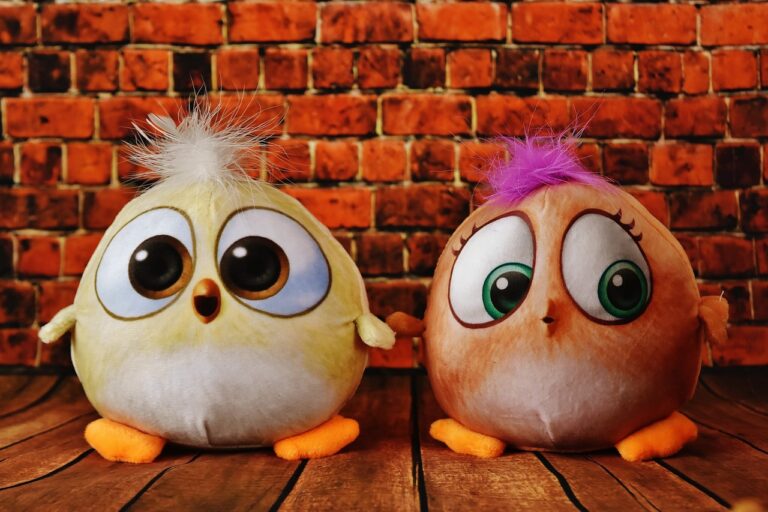Investigating the Role of Artificial Intelligence in Music Composition
Artificial Intelligence (AI) has revolutionized music composition, introducing innovative methods for creating music across various genres. Utilizing complex algorithms, AI systems can analyze existing musical patterns and structures to generate new compositions with unprecedented creativity. This technology provides musicians with endless possibilities to experiment with unique sounds and express their artistic vision in unconventional ways.
By incorporating AI into the music composition process, composers can overcome creative blockages and explore new horizons of musical expression. AI-enabled tools such as neural networks can analyze vast amounts of musical data to suggest harmonies, melodies, and rhythms that push the boundaries of traditional music theory. This merging of human creativity and AI capabilities opens up a realm of possibilities for musicians to collaborate with intelligent systems, ultimately reshaping the landscape of music production and composition.
• AI systems can analyze existing musical patterns and structures
• Generate new compositions with unprecedented creativity
• Overcome creative blockages and explore new horizons of musical expression
• Neural networks can suggest harmonies, melodies, and rhythms pushing traditional boundaries
• Collaboration between human creativity and AI capabilities reshaping music production landscape
Understanding the Impact of AI on Creativity in Music
Artificial Intelligence has gradually found its way into various facets of the music industry, changing the way music is composed and produced. By analyzing vast amounts of data and patterns, AI is able to generate melodies, harmonies, and even lyrics that mimic the styles of different artists or genres. This has raised questions about the role of AI in influencing creativity and the authenticity of the music created with its assistance.
As AI continues to push the boundaries of music creation, it has sparked debates among musicians and listeners alike. Some argue that AI is merely a tool that aids in the creative process, while others fear that it may diminish the human element and emotional connection in music. Nevertheless, AI has undoubtedly opened new possibilities for artists to experiment with sounds and compositions that were previously unexplored, blurring the lines between human innovation and technological advancement in the realm of music.
Exploring the Use of Machine Learning in Music Production
Machine learning has rapidly become a pivotal tool in modern music production. Through sophisticated algorithms and data processing capabilities, AI technologies are revolutionizing the way music is composed and produced. These systems can analyze vast amounts of musical data to generate new melodies, harmonies, and rhythms that push the boundaries of traditional composition.
By leveraging machine learning in music production, artists and producers can access a wealth of creative possibilities that may not have been conceivable before. These intelligent systems have the ability to learn patterns from existing music and use that knowledge to help musicians in the creation process. As a result, the collaboration between human creativity and AI innovation is paving the way for groundbreaking musical pieces that challenge conventional norms and inspire new artistic directions.
How has machine learning impacted the evolution of music composition?
Machine learning has revolutionized music composition by providing new tools and techniques for artists to explore and create unique sounds and melodies.
Can artificial intelligence truly be creative in music production?
While AI can generate music and assist in the creative process, the true creativity still lies within the human artist who is able to interpret and refine the output of machine learning algorithms.
What are some examples of machine learning being used in music production?
Some examples include AI-powered music recommendation systems, automated composition software, and tools for extracting musical patterns and trends from large datasets.
How has the use of machine learning in music production impacted the industry?
Machine learning has allowed for more efficient and innovative music production processes, leading to the creation of new genres and styles that may not have been possible without AI technology.
What are the potential drawbacks of relying too heavily on machine learning in music production?
One potential drawback is the risk of losing the human element and emotional connection in music, as AI may prioritize technical perfection over artistic expression. Additionally, there are concerns about copyright issues and the ethics of using AI-generated music.







